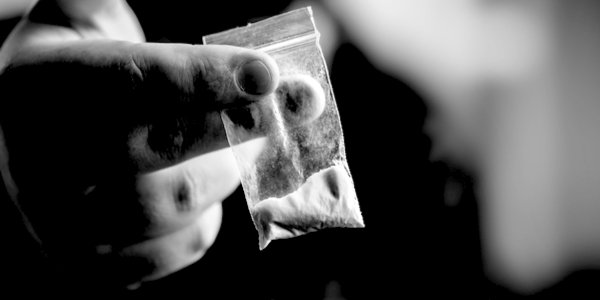IN A recent comment piece for the Telegraph, Daniel Hannan indulges in a bit of ‘bashing the West’ when he accuses the Western economies of having caused economic and political chaos in Ecuador and other Latin American countries as a result of the ‘failed war on drugs’.
Hannan’s argument seems to be that in failing to legalise heroin and cocaine the West has handed over production and sale of these drugs to criminal gangs who in turn have destroyed the economic and political systems in these source countries. The logic here is that by not allowing legal supply of heroin in the West we have somehow encouraged others to engage in illegal drug production and supply elsewhere. This is of course rather akin to blaming householders for inconveniencing burglars by installing home security systems. The burglars’ life would be so much easier if more of us could be persuaded to leave our front doors ajar at night.
It is true that heroin and cocaine use persists in the West in the face of the illegality of these substances but this does not mean that our efforts at drug prevention have failed or that the only viable alternative is legalisation. According to the latest prevalence estimate for Class A drug use in England and Wales around 3.3 per cent of the adult population aged 16 to 59 had used Class A drugs in the last year. That means 96.7 per cent had not. In the light of those percentages it hardly makes sense to characterise our efforts at drug prevention as a miserable failure.
Those, like Hannan, who advocate for the legalisation of all currently illegal drugs do so on the basis that the harm these substances are associated with arises for the most part from their illegal status. The reality of course could hardly be further from that absurd proposition. These drugs are illegal precisely because they are harmful. If the UK were to pursue a policy of allowing legal access to drugs such as heroin and cocaine, what would we do in relation to the Nitazenes 9a class of synthetic opioids developed by the pharmaceutical industry in the 1950s but never approved as medicines which are increasingly associated with drug deaths in the UK and were recently identified in the Lancet as being between 50 and 500 times more dangerous than heroin? Legalise heroin and cocaine and you end up in a position where these other more harmful drugs would still need to remain illegal.
The alternative to Hannan’s counsel of despair is not to open the door to legal drug supply but to expand massively our efforts at drug prevention and drug interdiction, whilst encouraging the development of alternative crops in the source countries. Forget the misleading ‘failed war on drugs’ rhetoric as a reason to flirt with legalisation and ask yourself what would we do if, in the face of such a policy, the prevalence of Class A drug use were to rise to 10 or 15 per cent of the adult population. How would we ever get the genie of legal drug supply back in the bottle? The answer of course is that we would not. What we would find, however, is our own country joining the list of failed and failing narco-states.
If you appreciated this article, perhaps you might consider making a donation to The Conservative Woman. Unlike most other websites, we receive no independent funding. Our editors are unpaid and work entirely voluntarily as do the majority of our contributors but there are inevitable costs associated with running a website. We depend on our readers to help us, either with regular or one-off payments. You can donate here. Thank you.
If you have not already signed up to a daily email alert of new articles please do so. It is here and free! Thank you.

